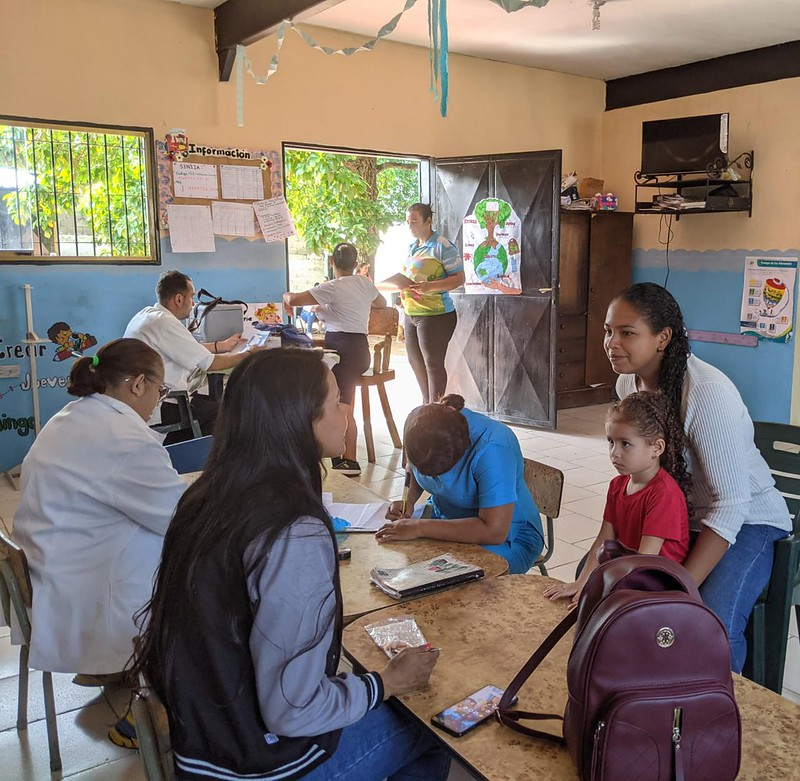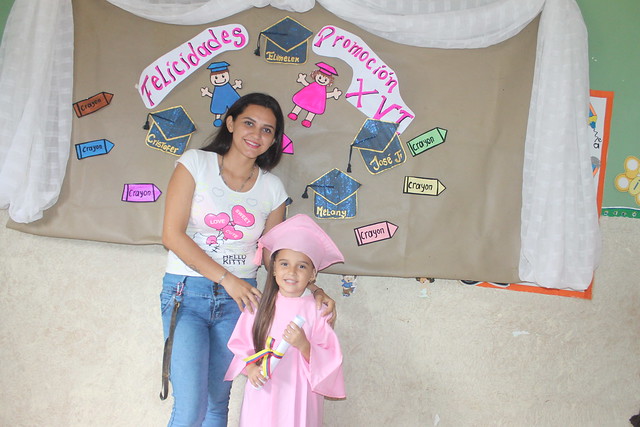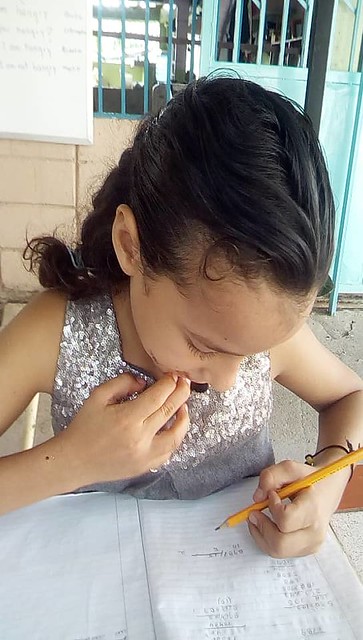The introit for the second Sunday of the Eastertide (April 7 this year) is taken from 1 Peter 2:2: “As newborn babes desire the pure milk of the Word.” Here is how it is rendered in Latin: Quasi modo geniti infantes, rationabile, sine dolo lac concupiscite. That is why, in Victor Hugo’s classic novel, “The Hunchback of Notre Dame”, a deformed newborn left on the doorstep of the cathedral on the Sunday after Easter is given the name “Quasimodo”. He is taken in because caring for widows and orphans is something Christians have always done (James 1:27). So I think of “The Hunchback of Notre Dame” every time Quasimodo Geniti Sunday rolls around.
But other people may be less interested in the origin of the hunchback’s name and more in that great dramatic moment when Quasimodo rescues Esmeralda from the murderous crowd and carries her to the cathedral, crying, “Sanctuary! Sanctuary!” This also resonated with me this month as we discussed with our youth Bible study group the church as a refuge for both the spiritually and physically afflicted.
Quasimodo claimed for Esmeralda the “right of sanctuary” for fugitives unjustly accused of crimes until they could obtain a fair hearing. When the Roman Empire in the fourth century A.D. granted Christians the right to build public houses of worship, churches offered temporary shelter to such people under certain conditions. This perhaps was inspired by the Old Testament law which established “cities of refuge” within the land of Israel. The descriptions of the cities of refuge are found in the Numbers 35:5-34; Deuteronomy 4:41-43; 19:1-13; and Joshua 20:1-9. Passing references to these cities are found in Joshua 21:13, 21, 27, 32, 38; and in 1 Chronicles 6:57, 67.
By the early Middle Ages, the right of sanctuary in churches was written into law throughout Christian Europe. In continental Europe the right of sanctuary, though much restricted in the 16th century, survived until the French Revolution. Although the medieval right of sanctuary never had the force of law in the United States, it provided the basis for modern notions of asylum for religious and political refugees.
There are Christian organizations that minister in a Scripture-based and legal way to the spiritual and material needs of Venezuelans who have fled their native land, and we give thanks for those efforts. But we are not in agreement, or in fellowship with organizations that facilitate illegal entry into the USA or any other country by Venezuelans or any other nationality. Rather, we provide a refuge for those who remain in Venezuela, a safe place to receive Christian education, needed food and medicine, and Word and sacrament ministry for the strength to live in faith, hope and love amid suffering.
Nutrition crisis continues
On April 22, 2024 we received a visit from Dr. Tibisay Medina (nutritionist), Dr. Yesika Flores (general practitioner) and registered nurses, Thais Castillo and Charly Zerpa: all of this on the occasion of a day of vaccination, and nutritional and medical attention to the boys and girls of our preschool. As a result of the day, we found that 16 of our 28 enrolled students between the ages of one year and three years showed signs of acute malnutrition. This is a reflection of Venezuela’s continuing nutrition crisis.
According to a 2021 article published in “The Lancet”, a peer-reviewed medical journal, high food insecurity present in more than 80 percent of Venezuelan households affects children under five and of school age. The World Food Program's 2020 food security assessment on Venezuela, recognized that food security is a countrywide concern, and that nearly one household out of five has an unacceptable level of food consumption. Surveillance reports from Caritas Venezuela show that acute global malnutrition in children under five has increased by 73 percent during the COVID-19 pandemic. Even in 2017, a study by Bengoa Foundation for Food and Nutrition and Andres Bello Catholic University, reported that 33 percent of children between 0 and 2 years old were already stunted in their growth. Although Venezuela’s inflationary economy has stabilized for the time being, minimum wage is by far the lowest in Latin America. It is barely enough to buy a loaf of bread and a liter of milk, four rolls of toilet paper, or 30 pills of generic hypertension medication. It is not enough to pay for a home’s electricity, water and telephone services. Some 50 percent of Venezuelan households live in poverty, according to a national poll carried out by Andres Bello Catholic University, and 41 percent of those polled said they skip one meal per day.
At our preschool we prepare two balanced meals, breakfast and lunch, Monday through Thursday, for the children who attend. We delivered food packages to the families of our enrolled students even when classes were suspended due to the COVID-19 crisis. The preschool receives a certain amount of food from the United Nations World Food Program, which began delivering food baskets to schools in Venezuela in 2021. We also supply the preschool with our homegrown fruits, vegetables, eggs and chickens, and with food that we purchase thanks to donations from mission societies, congregations and individuals in the United States. Please consider supporting this work with an online donation!A tribute to Venezuelan women
Concordia El Reformador Seminary in the Dominican Republic recently reported the results of its deaconess formation program from 2017 to 2014, noting 35 graduates from Venezuela and 23 Venezuelan women currently enrolled, both amount greater than any of the other countries involved. Luz Maria continues to mentor these women. In April, we participated with them in three online conferences:A Bible study on the role of women in the church hosted by the Martin Luther Institute of Mexico, led by Dr. Roberto Bustamante of Concordia El Reformador Seminary;
A Bible study on Deuteronomy, presented by Joel Fritsche, previously a member of the Concordia El Reformador faculty and now director of vicarage and deaconess internships and assistant professor of exegetical theology at Concordia Seminary, St. Louis;
A Bible study on stewardship presented by Theodore Krey, region director for Lutheran Church – Missouri Synod mission in Latin America and the Caribbean;
A meeting between mentors of the deaconess program in 10 countries and the faculty of Concordia El Reformador Seminary.

















































